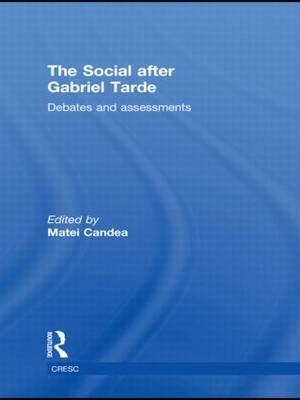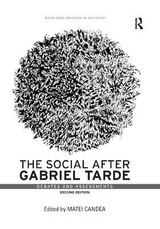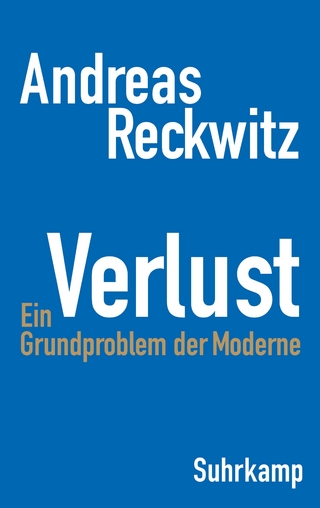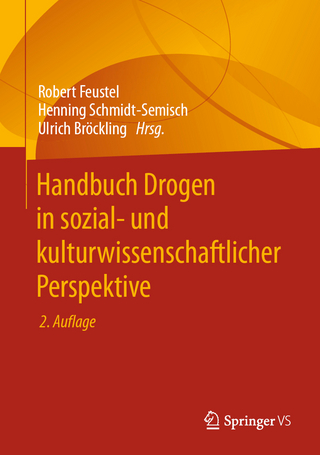
The Social after Gabriel Tarde
Routledge (Verlag)
978-0-415-53426-0 (ISBN)
The social sciences and humanities are now being swept by a Tardean revival, a rediscovery and reappraisal of the work of this truly unique thinker, for whom ‘everything is a society and every science a sociology’. Tarde is being brought forward as the misrecognised forerunner of a post-Durkheimian era. Reclaimed from a century of near-oblivion, his sociology has been linked to Foucaultian microphysics of power, to Deleuze's philosophy of difference, and most recently to the spectrum of approaches related to Actor Network Theory. In this connection, Bruno Latour hailed Tarde’s sociology as "an alternative beginning for an alternative social science". This volume asks what such an alternative social science might look like.
Matei Candea is a lecturer in social anthropology at Durham University, UK, and previously Sigrid Rausing Lecturer in collaborative anthropology at the University of Cambridge, UK. He received his doctorate from Cambridge in 2006 for work on difference, knowledge and relationality in Corsica, and has published a number of articles on this topic and on the subject of ethnographic method and anthropological theory. A book entitled Corsican Fragments: Difference, Knowledge and Fieldwork is forthcoming with Indiana University Press in 2010. His post-doctoral research focuses on the interplay of engagement and detachment in everyday relations between behavioural biologists and the animals they study.
Introduction: Revisiting Tarde’s House Part 1: 'The Distance that lay Between’: The Tarde-Durkheim Debate Reconsidered 1. The Debate 2. Imitation: Returning to the Tarde-Durkheim Debate 3. The Value of a Beautiful Memory: Imitation as Borrowing in Serious Play at Making Mortuary Sculptures in New Ireland 4. Tarde and Durkheim and the Non-Sociological Ground of Sociology 5. If There is No Such Thing as Society, Is Ritual Still Special? On Using The Elementary Forms after Tarde 6. One or Three: Issues of Comparison 7. The Height, Length and Width of Social Theory 8. Faith, Reason and the Ethic of Craftsmanship: Creating Contingently Stable Worlds Part 2: Quantifying, Tracing, Relating: Fragments of Tardean Method 9. Tarde’s idea of Quantification 10. Gabriel Tarde and Statistical Movement 11. Tarde’s Method: Between Statistics and Experimentation 12. Intervening with the Social? Ethnographic Practice and Tarde’s Image of Relations Between Subjects 13. Tarde on Drugs, or Measures Against Suicide 14. On Tardean Relations: Temporality and Ethnography 15. Pass It On: Towards a Political Economy of Propensity Afterword
| Reihe/Serie | CRESC |
|---|---|
| Zusatzinfo | 6 Line drawings, black and white; 3 Halftones, black and white; 9 Illustrations, black and white |
| Verlagsort | London |
| Sprache | englisch |
| Maße | 156 x 234 mm |
| Gewicht | 560 g |
| Themenwelt | Sozialwissenschaften ► Soziologie |
| ISBN-10 | 0-415-53426-7 / 0415534267 |
| ISBN-13 | 978-0-415-53426-0 / 9780415534260 |
| Zustand | Neuware |
| Haben Sie eine Frage zum Produkt? |
aus dem Bereich



